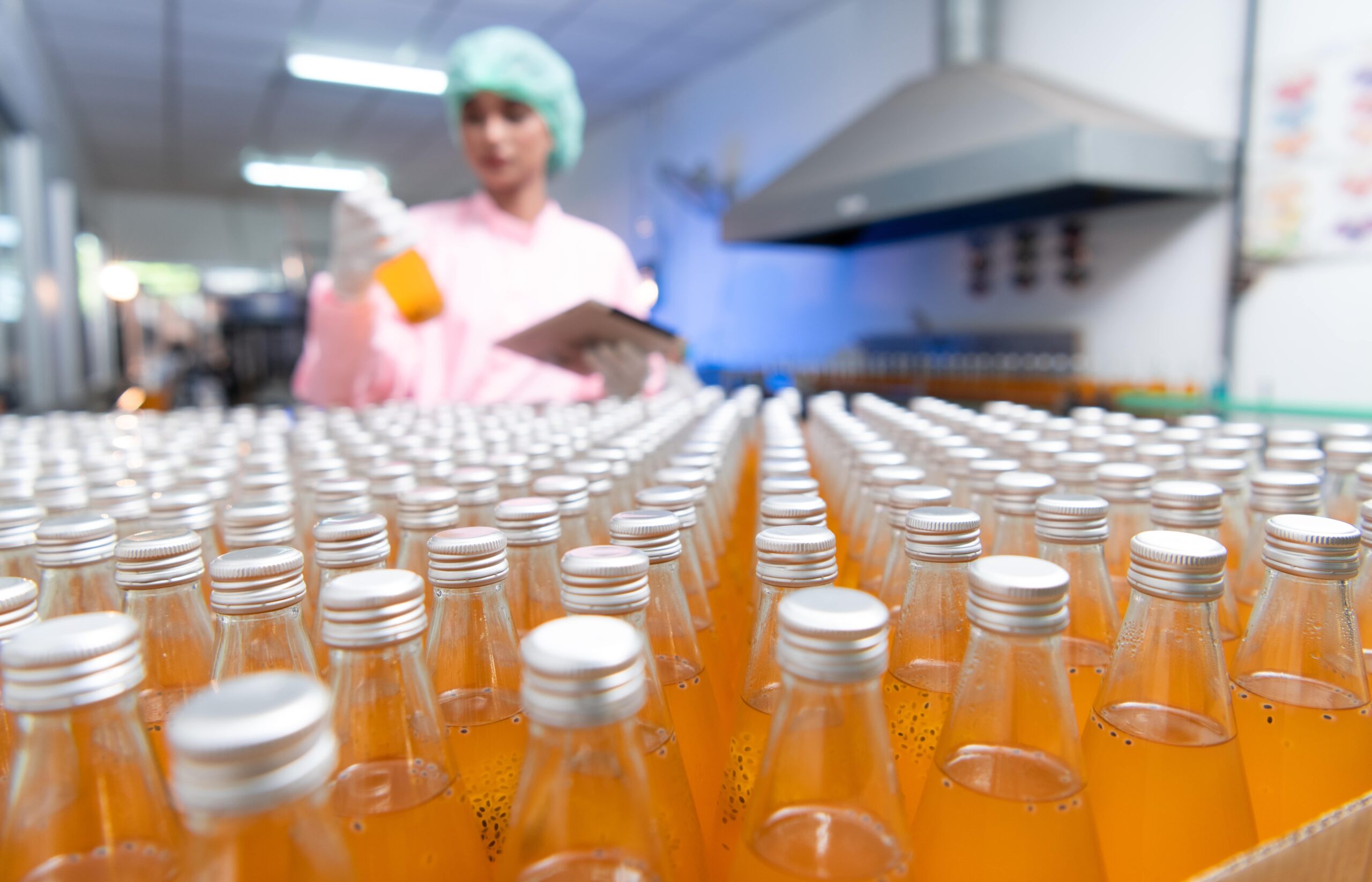
Case Study
Beverages – Line Upgrade
Case Study
Beverages – Line Upgrade
“Due to the chosen bottle having a more tapered neck, the audit revealed that much of the legacy equipment on the line needed to undergo modification or replacement as it was no longer appropriate for the new bottle shape”
For this alcohol brand the goal was to address packaging inconsistencies by providing a uniform bottle shape and size across all formats which would in turn reduce transport and shipping costs, and alleviate sales and marketing headaches. To achieve this the TEG Projects team were engaged.